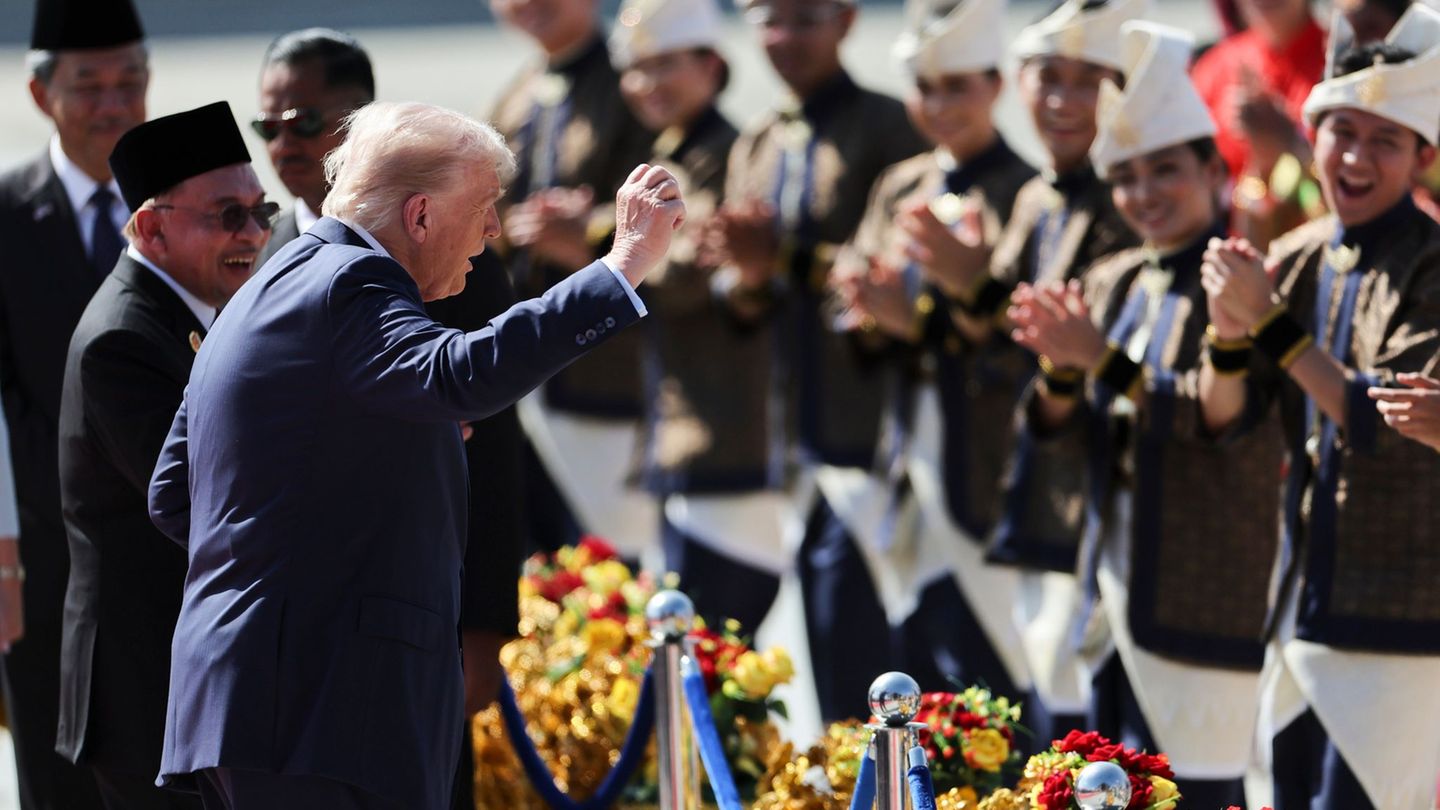A few weeks ago, in a statement, the president of the group’s works committee, Daniela Cavallo, stated that “The board wants to close at least three VW plants in Germany. It also aims to reduce the size of all remaining plants in the country,”
On the other hand, according to an article in the economic newspaper Handelsblatt, the manufacturer of cars wants to save 4,000 million euros.
The plan, presented by the management, includes a 10% pay cut for all employees and the transfer abroad of numerous activities of the group, currently in Germany, indicated the president of the works council in a statement.
This week, tension between the union and the company is increasing over the decision of thousands of Volkswagen workers in Germany to go on strike.
“Warning strikes will begin on Monday at all plants,” said Thorsten Gröger, who is leading union negotiations with the German auto giant.
“If necessary, this will be the toughest pay dispute Volkswagen has ever seen.” In this context, tens of thousands of employees of the IG Metall union left their jobs for two hours per shift, a process that will increase.
Gröger denounced that “Volkswagen has burned our collective agreements” and that the company’s management is now “throwing open gasoline cans.”
“What follows now is the conflict that Volkswagen caused: we did not want it, but we will carry it out with the commitment that is necessary.”
Germany’s export-heavy economy has been suffering in recent years due to declining industrial orders. In the case of Volkswagen, it faces the same problems that other European automakers have.
The criticism that is made is that the company did not know how to adapt and remains anchored in an old industrial model that no longer works.
Most of the value of modern electric cars lies in the software and the battery, and not so much in the engineering pieces that made the German vehicles famous.
Furthermore, its managers were slow to recognize the shift towards electric vehicles and now have difficulties competing with new entrants such as Tesla and Chinese automakers.
Although Volkswagen has faced minor strikes in the past, it has never stopped production on a prolonged basis. Claus Schnabel, professor of labor economics at the University of Erlangen-Nuremberg, foresees an escalation: “It is possible that this time we will see real strikes. “Both sides are under pressure to show that they have done everything possible.”
Source: Ambito
I am an author and journalist who has worked in the entertainment industry for over a decade. I currently work as a news editor at a major news website, and my focus is on covering the latest trends in entertainment. I also write occasional pieces for other outlets, and have authored two books about the entertainment industry.




